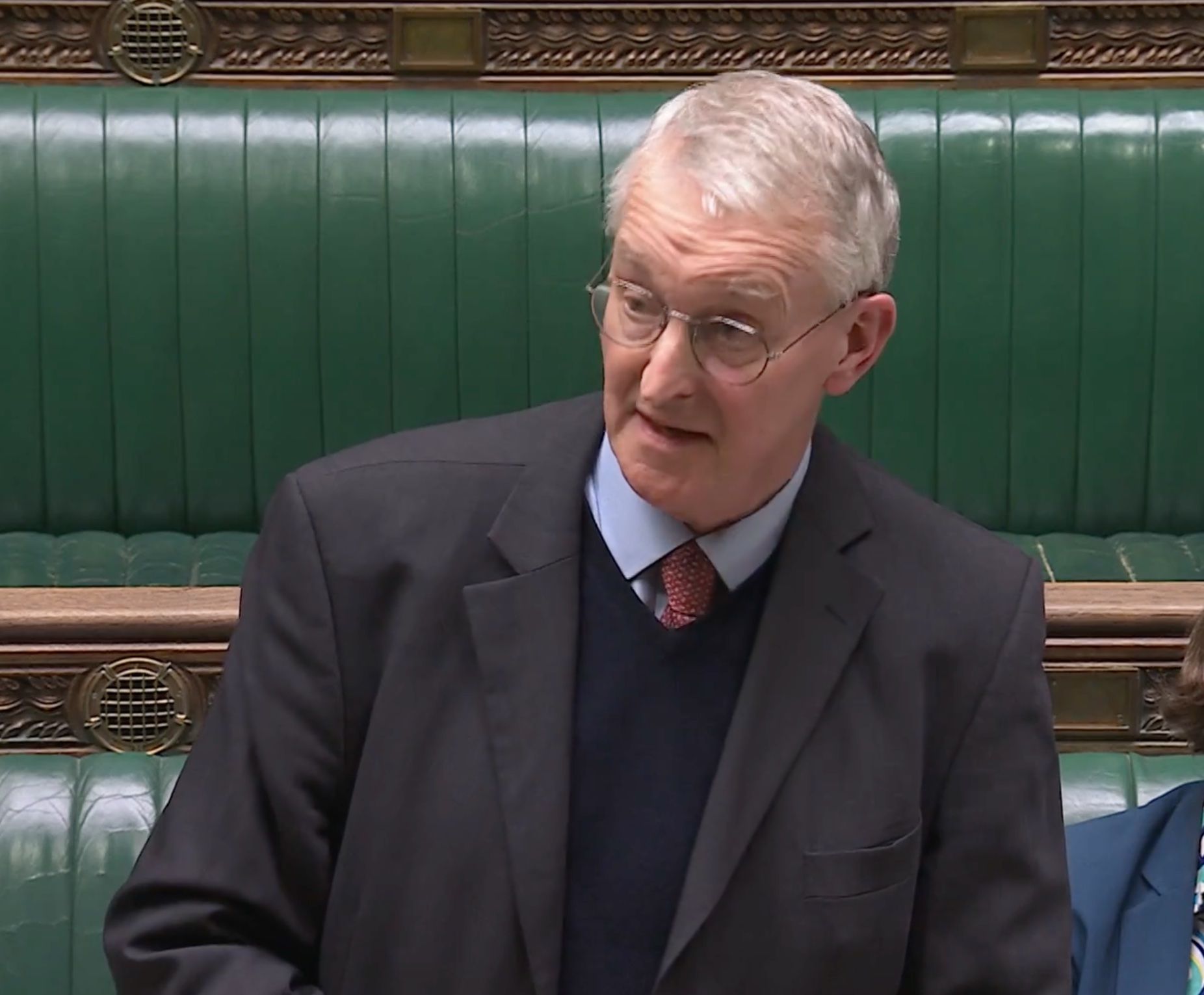THE process of formally repealing the controversial Legacy Act by the Labour government has been criticised as "falling short" of their commitment to replace it.
The Act, which was brought in by the Conservative government, introduced a ban on inquests and civil actions related to incidents during the Troubles. It also sought to offer a conditional amnesty for people suspected of Troubles-related crimes in exchange for co-operating with a new information recovery body.
The Labour Party in opposition pledged to repeal the Legacy Act if elected, but the lack of movement on that pledge has angered and frustrated campaigners.
The Legacy Act has been opposed by victims' groups and all the main political parties in the North.
Speaking in the House of Commons on Wednesday, British Secretary of State Hilary Benn said he was laying a "remedial order" which would formally remove the conditional immunity clause from the Act and the ban on new civil actions. Mr Benn said he would also introduce legislation which would lift the ban on inquests.
"The steps I am outlining today seek to correct the mistakes of the previous government's approach, ensure compliance with the ECHR and deliver on what this government has promised," he said.
The Secretary of State said his move would mean "the removal of conditional immunity, the reinstatement of legacy inquests halted by the Act, restoring civil cases and reforming ICRIR (Independent Commission for Reconciliation and Information Recovery), while enabling it to continue working on behalf of the growing number of families who have already sought its help."
North Belfast Sinn Féin MP John Finucane said the announcement "falls short" of Labour's previous commitment.
“The Labour Party made a manifesto commitment to ‘repeal and replace’ the Legacy Act ‘by returning to the principles of the Stormont House Agreement'. This announcement falls far short of that," he said.
“Instead, the British Secretary of State has focused on reforming the ICRIR which has been rejected by victims and families and the political parties.
“He intends to introduce a remedial order under the Human Rights Act which will enable all civil proceedings to resume and to introduce primary legislation meaning inquests will be restored, starting with those almost completed.
“He said he will remove all the immunity provisions although these have already been disapplied by the courts. Disappointingly, he intends to appeal recent judgements in relation to the British Secretary of State’s ability to vet and redact family reports prior to their disclosure under national security. This is absolutely outrageous and disgraceful."
I welcome @hilarybennmp statement tonight. I did not support the previous Government's Legacy Act & I deeply regret its devastating impact on the hope of victims families across Northern Ireland & the UK. pic.twitter.com/TILkhVbxRd
— Julian Smith (@JulianSmithUK) December 4, 2024
SDLP leader and South Belfast MP Claire Hanna called on the UK government to provide a more comprehensive package.
“The SDLP welcomes today’s statement, specifically the removal of the immunity scheme, the reinstatement of civil cases and the restoration of those legacy inquests halted," she said.
"The Labour government committed to these changes before the election and we welcome them keeping their word.
“However, many challenges remain concerning the ability of the ICRIR to be made Article 2-compliant, the independence of its appointments, ICRIR oversight and the removal of the national security veto to allow full disclosure to victims and their families."
The Secretary of State's announcement came 24 hours after the ICRIR made its first arrest. It said a man had been arrested in connection with a murder in the early 1990s and was released without charge.
Responding to the arrest and subsequent release, Mark Thompson, CEO of Relatives for Justice, called on Hilary Benn to freeze the work of the ICRIR.
"We should not be distracted by the antics of the ICRIR," he said. "We should remain focused on the British government.
"Hilary Benn should not allow his legacy to be one that is tied to the failed Tory agenda on legacy. He has an opportunity to make better, to do right, to stand by victims and, crucially, uphold their rights to access justice through the rule of law."







